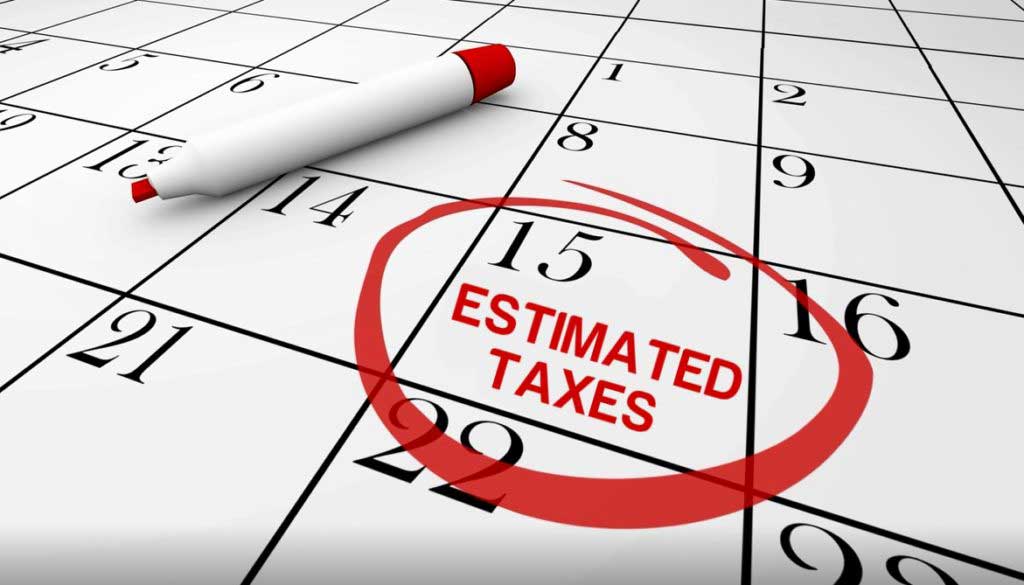
The Canada Revenue Agency (CRA) might have helped you through the lockdown if you lost your job due to COVID-19. The federal government initially announced the Canada Emergency Response Benefit (CERB) that would see qualifying Canadians receive $2,000 per month over 16 weeks. After two extensions, the program’s total length became 28 weeks, and Canadians can receive up to $14,000 through the program.
The CERB is a taxable benefit. The CRA did not deduct the taxes while disbursing the payments. It means that the payment will count as part of your taxable income for the 2020 tax year. If you received any CERB money without qualifying for it, you can repay it to the CRA and avoid paying taxes on the mistakenly received funds.
However, if you truly needed the funds and qualified for it while receiving the money, the CRA will calculate your taxes with the CERB cash you’ve received.
However, before you apply to this federal benefit, you need to know that the CERB is taxable by the CRA.
What are your estimated taxes for 2020?
When you calculate your taxes, you need to remember that you have to pay provincial and federal tax. The federal tax is 15% of the first $48,535 of your taxable income for the 2020 tax year. With the pandemic, you might not have earned a lot of money in 2020.
Suppose you receive a full $14,000 over 28 weeks through CERB, you earned $31,000 besides the CERB before you lost your job for the 2020 tax period, and you live in Manitoba. Your total taxable income will be $45,000, and you will have to pay $6,750 in provincial taxes.
The provincial tax for your taxable income will be 10.8% for the first $33,389 and 12.75% on the next $38,775. It means your provincial tax will come around to $5,086. It means that the total tax bill you can estimate in the scenario above is $11,836. Considering the loss of income due to COVID-19, that can be a hefty tax bill.
It is crucial to estimate your tax preemptively so that you can allocate enough funds to pay off the CRA. The next tax season is several months away, and every dollar you set aside can come in handy to pay off your tax bill. If you have any savings as cash that you did not need to touch because of CERB, you can use it to generate some passive income that can offset the tax bill.
Source: Yahoo News
Newsletters
e-Newsletter – June 2018
NewslettersEvents & SponsorshipArticles & Publications
e-Newsletter – May 2018
NewslettersEvents & SponsorshipArticles & Publications
e-Newsletter – April 2018
NewslettersEvents & SponsorshipArticles & Publications
e-Newsletter – March 2018
NewslettersEvents & SponsorshipArticles & Publications
e-Newsletter – February 2018
NewslettersEvents & SponsorshipArticles & Publications
Events & Sponsorship
No Results Found
The page you requested could not be found. Try refining your search, or use the navigation above to locate the post.
Articles & Publications
Have Unfiled Tax Returns For Years?
Do You Have Unfiled Tax Returns For Years? As for the record, the CRA wants you to file and pay your taxes on time every year. When you cannot do so, you may put yourself at risk of high penalty amounts and collection tasks like bank levies or wage garnishments. We at...
Old Age Security One-Time Payment Only
Old Age Security One-Time Payment Only. You will receive the one-time payment for older seniors if you were: born on or before June 30, 1947, and eligible for the Old Age Security pension in June 2021 If you have applied for the Old Age Security pension but have not...
CRA Notice of Objection
CRA Notice of Objection (NOO) Once you file your taxes, you receive a Notice of Assessment and later a Notice of Reassessment. You have two options: Pay the taxes owing File a CRA Notice of Objection (NOO). The CRA is not always right; when you disagree, you can...
All You Need to Know About Trust Funds in Canada
All You Need to Know About Trust Funds in Canada A trust is a vehicle for holding and passing on the family property. As such, it typically serves at least one of two purposes: It can reduce a family's taxes by shifting income to members in lower tax brackets, and it...
Non-Resident Canadian Tax Clearance Certificates
People who are not Canadian Residents for Tax Purposes may be subject to a withholding tax when they sell Canadian property. All non-resident Canadian for tax purposes may be subject to this withholding tax if they sell real estate in Canada. This holds if they own...